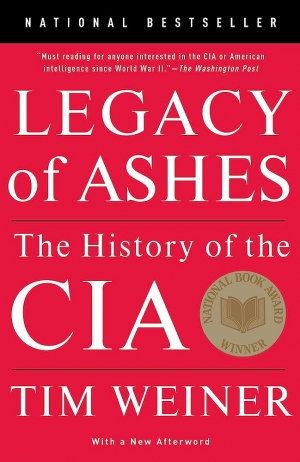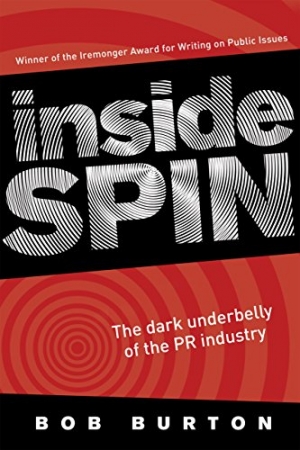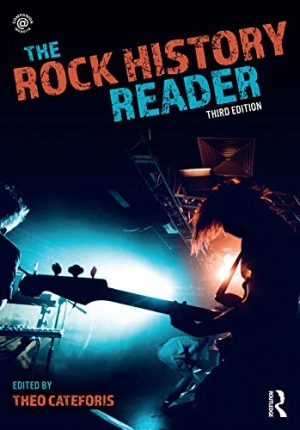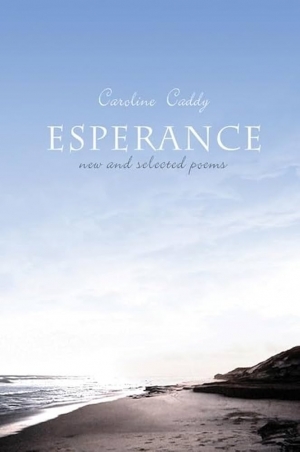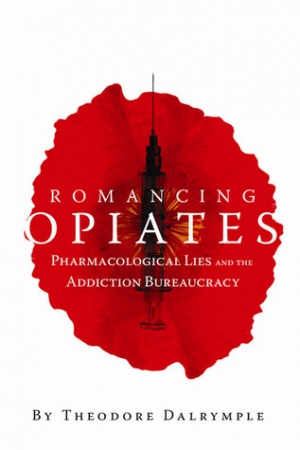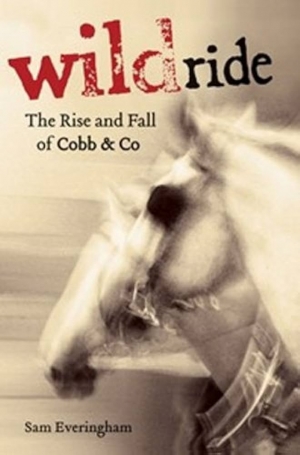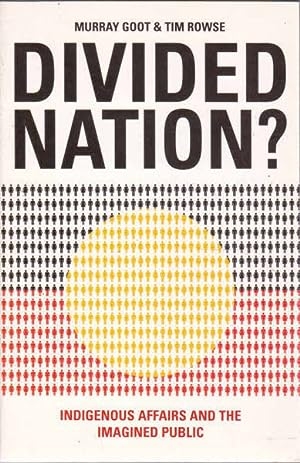Review
Of the many damning revelations contained in this book, the fact that Allan Dulles, the CIA’s longest serving director (1953–61), would assess the merits of intelligence briefings by their weight is among the most startling. Coming in at 700 pages, Tim Weiner’s Legacy of Ashes: The History of the CIA is sufficiently hefty to have commanded Dulles’s attention. Were he alive today to read this searing indictment of the institution he did so much to construct, however, it is doubtful that Dulles would find much cause for cheer.
... (read more)Anthony Moran reviews 'The Contemporary Bauman' edited by Anthony Elliott
Zygmunt Bauman has a talent for metaphors. When, in the late 1980s, he entered the fray of the modernity/postmodernity debates, he suggested that, while premodernity had been presided over by ‘gamekeepers’ managing a disorderly nature and society, modernity was presided over by ‘gardeners’ obsessed with creating order out of messy reality. In his most recent work, beginning with Liquid Modernity (2000), Bauman uses the metaphor ‘liquidity’ to depict modernity’s contemporary phase, in the process leaving behind his previous flirtation with the concept of postmodernity.
... (read more)This marvellous first novel may be historical fiction, but its themes and concerns are by no means limited to the past. Sara Knox interweaves questions of gender and identity, sexuality, class and the overarching issue of morality in times of war.
... (read more)The latest issue of Meanjin is excellent. Ian Britain and his co-editor, Jennifer Digby, have assembled a group of learned contributors to address the theme of ‘Crime and Law’. The interaction between their wide range of experiences and orientations – professional, personal, poetic – makes the journal a fascinating read. The essays are strong, diverse and engaging.
Justice Michael Kirby’s affecting meditation on the significance of the 1957 Wolfenden report on Homosexual Offences and Prostitution is both an erudite professional opinion and a personal account of how devastatingly the law can impinge on individual liberty in the name of religious morality. Despite the forceful recommendations of the report, widespread law reform on the decriminalisation of homosexuality was slow to occur. Australia only began to see legislative change on this issue as a part of Don Dunstan’s reforms in South Australia, in 1975. Drawing upon the work of Jeremy Bentham and John Stuart Mill, Kirby argues that ‘criminal law, with its heavy-handed punishments, stigma and shame, [is] not to be deployed on the basis only of scriptural texts and private sensibilities’.
... (read more)Grant Bailey reviews 'Inside Spin: The Dark underbelly of the PR industry' by Bob Burton
Bob Burton is not one to pull punches: early in Inside Spin he describes the public relations (PR) industry as one dominated by a ‘culture of secrecy’ with its practitioners operating ‘on the basis that they are most successful when they are nowhere to be seen’. That the industry is largely unregulated adds to the sense of unease that many Australians feel about its activities.
... (read more)Clem Bastow reviews 'The Rock History Reader' edited by Theo Cateforis
Attempting to theorise or intellectualise rock‘n’roll, one could argue, is to miss the point. As Almost Famous’s egomaniac Stillwater vocalist Jeff Bebe put it, ‘I don’t think anyone can really explain rock‘n’roll – [except] maybe Pete Townsend’. In which case, Bebe would probably get a kick out of editor Theo Cateforis’s lovingly composed The Rock History Reader, which, unlike other publications in a similar vein, allows the theorising and intellectualising – the explaining – to nestle alongside autobiographical passages and personal anecdotes, providing a complex view of rock’s annals. If you didn’t already know who put the bomp in the bomp-a-bomp-a-bomp, you’ll probably find more than a few clues in this volume.
... (read more)Janet Upcher reviews 'Esperance: New and selected poems' by Caroline Caddy
The eponymous poem in Caroline Caddy’s latest collection Esperance captures a breathtaking glimpse of a bay on the Western Australian coast. Immediacy epitomises Caddy’s poetic gift. In deft strokes, she provides a vivid land/seascape, compressing an astute reflection on history, geography, and humanity’s irrepressible need to explore beyond known boundaries. The language is physical and sensuous: ‘the snowy beaches / lapped by the cold clear bracelet / that’s there then not there / around our ankles.’ There is also a metaphysical dimension, ‘with everything falling away behind / with everything falling away ahead’ mirroring ‘esperance’: a quality of hope and faith in the future.
... (read more)Andrew Burns reviews ‘Romancing Opiates: Pharmacological lies and the addiction bureaucracy’ by Theodore Dalrymple
Theodore Dalrymple’s latest book, Romancing Opiates, slams societal and professional attitudes to heroin addiction. Dalrymple argues that heroin users are not blameless patients, as the medical fraternity would have us believe. ln fact, he tells us, heroin users have to work quite hard to get addicted; withdrawal is about as difficult as the flu; and the support industry, which he calls the ‘addiction bureaucracy’, is ineffective and self-serving. Dalrymple contends that the heroin epidemic cannot be dealt with until it is recognised as a moral and spiritual problem rather than solely as a medical one.
... (read more)Steve Gome reviews ‘Wild Ride: The rise and fall of Cobb & Co.’ by Sam Everingham
The history of Cobb & Co. belongs as much in the territory of folklore as it does in the annals of business. Within forty years of its inception, the company had become synonymous with coach travel in Australia, and later became the subject of a nostalgic tribute in verse by Henry Lawson. There is much ground to cover, and this book blazes new trails as it travels between the commercial and the iconic aspects of Cobb & Co.’s operations.
... (read more)Anthony Moran reviews 'Divided Nation' by Murray Goot and Tim Rowse
Our lives are awash with opinion polls. The daily newspapers, television, radio, and internet poll people on just about every subject. The survey of public opinion has become, since the 1940s, a pervasive feature of everyday life, and is now central to the political process. Sophisticated, large-scale polling of attitudes at the national level – such as the National Social Science Survey, the Australian Election Study, Australian Survey of Social Attitudes and the World Values Survey – is increasingly reported on in the newspapers, with the more complex analyses of these findings left to academic journal articles and books. Alongside regular national polling on issues and leaders by AGBMcNair, Irving Saulwick and Associates, ACNeilson, Roy Morgan Research and Newspoll, political parties commission their own secret internal polling and focus group studies in order to tailor their message to their audience. In this federal election year, we hear clear echoes of this as the ALP leadership repeatedly drops in the key words ‘clever’ and ‘even cunning’ whenever they mention John Howard.
... (read more)
